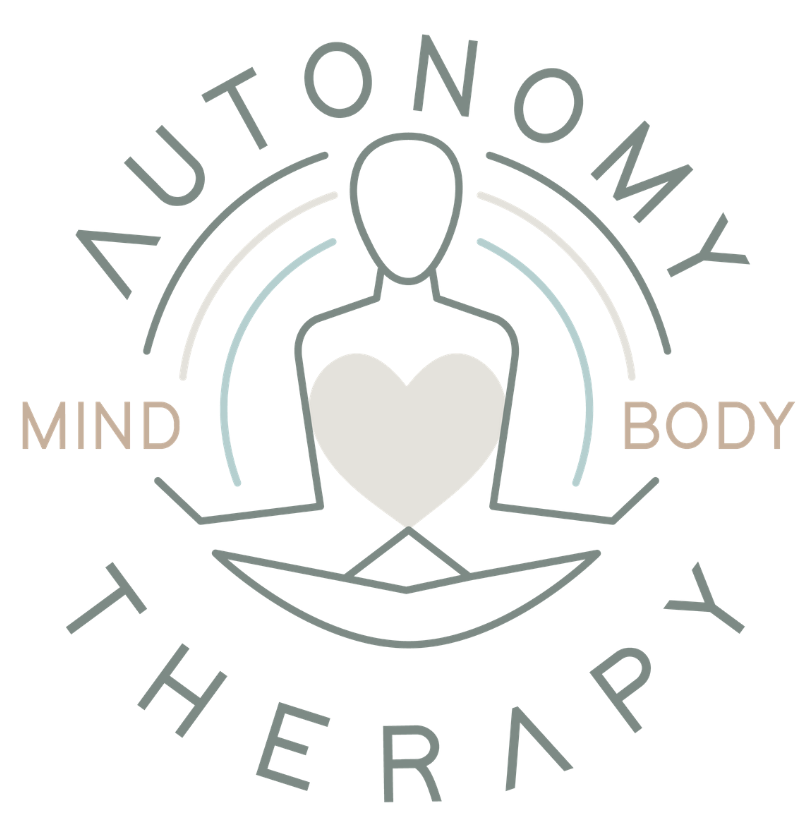How to Challenge Productivity Mindset to Prevent Burnout
Written by Tiffany Lepa, NCC, LPC-Associate
“We are human beings, not human doings.”
Living in a capitalist society, we are often exposed to a “work-hard-play-hard” mentality, where exhaustion becomes a badge of honor that signals dedication and success. This mindset centers around productivity, often leading to overfunctioning and significant work-life imbalance. When our worth is tied to productivity, outward measurements, individual success, and competition rather than growth, community, interpersonal relationships, and our own values, it can impact mental health spurring issues including but not limited to anxiety, depression, substance abuse, eating disorders, perfectionism, and burnout.
What is burnout + its risk factors?
Burnout goes beyond your typical daily stress. It is a state of emotional, mental, and physical exhaustion caused by prolonged exposure to high levels of stress. While burnout can develop in a variety of contexts, it is common among individuals in the helping professions such as teachers, healthcare workers, first responders, as well as caregivers. It may contribute to a loss of sense of identity or accomplishment. Risk factors include a lack of social support, heavy workload with long hours, additional household and personal responsibilities, lack of control or resources, a chaotic or dysfunctional work environment, and financial stress.
What are signs of burnout?
Signs of burnout include irritability, hopelessness, increased anxiety, sleep disturbances, cynicism, exacerbated depression + emotional numbness, excessive use of substances to cope, physical and mental exhaustion, somatic complaints (headaches, stomach issues, body aches, etc.), moodiness, social withdrawal, difficulty making decisions, low motivation, and suicidal thoughts.
So how can we challenge a productivity-driven mindset?
Understand your values and priorities. Take time to reflect on what matters to you. What brings you fulfillment and joy? How do you want to be spending your time? Once you have a firm grasp on your values, you can use them as a guide to check in on whether or not your current environment or behaviors are values-aligned.
Explore your definition of success. What does success mean to you? Where did this idea come from? Society? Family? Peers? Supervisors? Does this definition align with your values? Spend time redefining how you view and measure success in a way that feels congruent with your values and beliefs.
Challenge your inner critic and explore your identity. Ask yourself, where does your self-worth come from? Does it come from external factors like work performance? Is your identity tied to work or a specific area of your life? Who are you outside of work? What do you like to do?
It’s also important to explore how overfunctioning and the productivity mindset plays a role in your life. What does overfunctioning keep you from? Are you missing out on other areas of your life? What purpose does it serve you? Security? Worth? Avoiding making mistakes or feeling discomfort? Ensuring an image?Set boundaries. Take an inventory of ways you could set boundaries. Maybe you’re taking on too many responsibilities, staying too late at work, or focusing on things that are out of your control. Maybe you feel obligated to say yes to too many people. Consider areas in your life where you could set boundaries such as leaving work right when the day ends, taking a complete lunch break away from your workspace, or letting someone know you don’t have the mental energy to socialize.
Reach out for support. Connecting with others, whether family, friends, coworkers, or a mental health professional can be a salve for burnout. Let others know how they can help you by listening, doing enjoyable activities together, or performing acts of service.
Intentional rest. This, of course, is easier said than done. It’s important to take time for yourself, whether it’s five minutes of solitude before bedtime, scheduling a relaxing hangout with a friend, or even therapy once a week or every other week. If you’re in a place of privilege where you may be able to take a leave of absence or take a mental health day, consider it. Burnout is a serious issue that requires care.
Are you feeling burnt out and needing extra support? We are ready to help. Contact us to schedule a free 15-minute consultation to match you with a member of our team!

